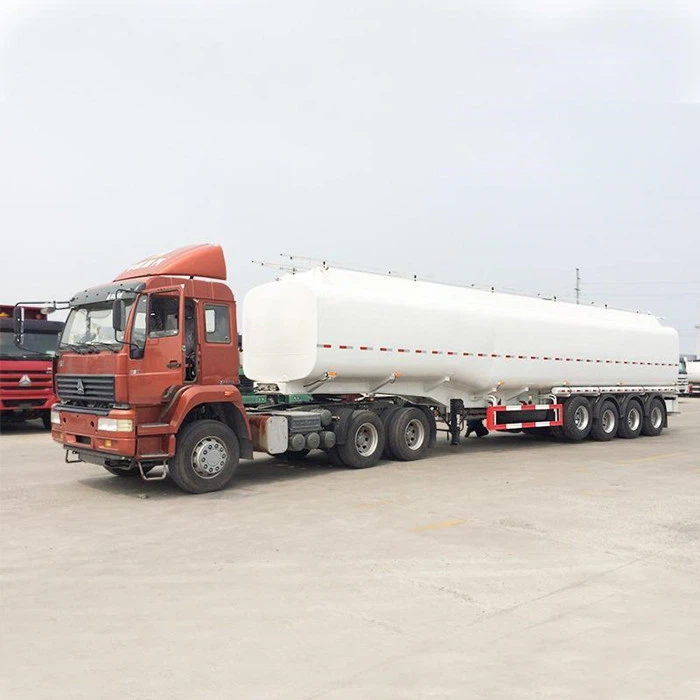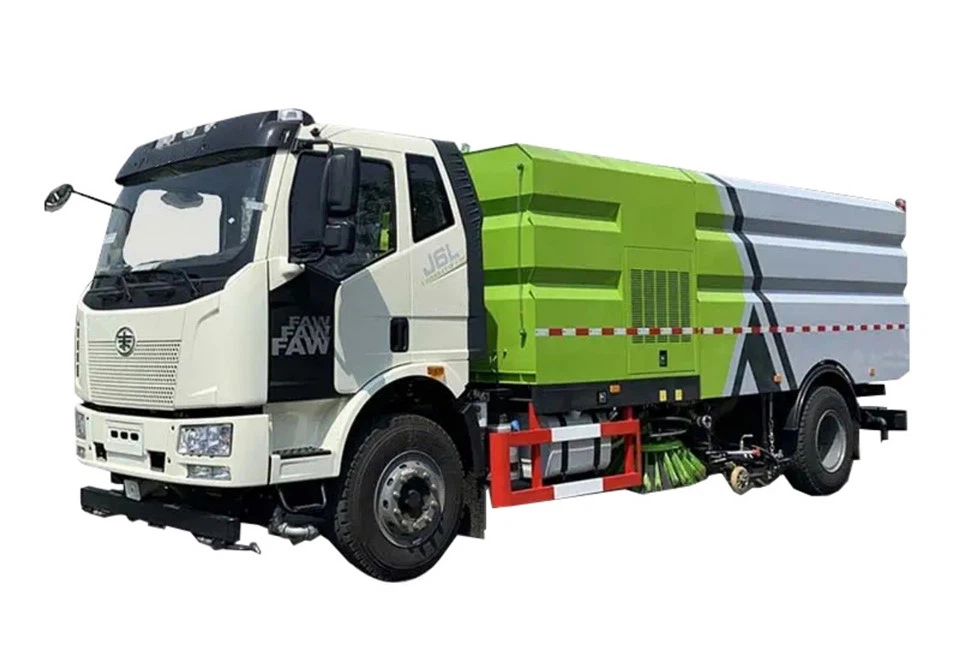Understanding Leachate: The Hidden Threat of Landfill Trash

Waste management is a crucial aspect of modern society, and one of the less talked about but significantly important areas is leachate. This article will explore leachate, the liquid that drains or ‘leaches’ from a landfill, its characteristics, potential dangers, and management strategies. By the end, you will have a comprehensive understanding of leachate and how it affects our environment.
What is Leachate?
Leachate is a complex liquid formed when rainwater or another liquid moves through waste materials in a landfill. This process extracts organic and inorganic material, leading to highly toxic liquid byproducts. Understanding leachate is crucial for effective waste management and environmental protection.
How Leachate is Formed
Leachate forms through several processes:

- Rainwater Infiltration: When rainwater penetrates the landfill, it picks up contaminants as it moves downward through waste layers.
- Decomposition: The biological breakdown of organic substances generates moisture and additional liquids.
- Waste Interaction: Chemical reactions between various waste components create leachate.
Characteristics of Leachate
Leachate can vary significantly depending on the composition of the waste and the age of the landfill. Some common characteristics include:
| Characteristic | Description |
|---|---|
| pH Level | Generally ranges from acidic (low pH) to neutral (around pH 7). |
| Toxicity | Contains heavy metals, pathogens, organic compounds, and nutrients. |
| Color and Odor | Typically dark brown and may have a foul smell due to organic decomposition. |
| Temperature | Leachate temperatures can vary but often exceed environmental temperatures due to microbial activity. |
The Environmental Impact of Leachate
Leachate poses significant risks to the environment. The contamination spread through leachate can have devastating effects on soil, groundwater, and surface water resources.
Groundwater Contamination
Leachate can seep through the landfill liner and contaminate the underlying groundwater, affecting drinking water supplies. Heavy metals and organic contaminants in leachate can pose health risks to communities dependent on groundwater.
Soil Toxicity
When leachate infiltrates soil, it alters the soil chemistry and affects plant growth. Plants can absorb toxic compounds, leading to biodiversity loss and food safety concerns.
Impact on Surface Water
Leachate can directly enter surface water bodies, causing eutrophication and harming aquatic life. Nutrient overload from leachate can lead to algae blooms, which deplete oxygen and kill fish and other aquatic organisms.
Leachate Management Techniques
Effective leachate management is necessary to minimize its environmental impact. Various techniques can be employed to manage leachate effectively.
Leachate Collection Systems
Landfills are typically equipped with leachate collection systems, which consist of pipes and drainage layers that direct leachate towards treatment facilities. These systems are essential for controlling leachate onsite.
Treatment Methods
There are various methods for treating leachate to make it less harmful before disposal or reuse:
Biological Treatment
This method involves using microorganisms to break down organic matter in leachate. Common techniques include:
- Aerobic treatment — utilizing oxygen to promote microbial growth.
- Anaerobic treatment — breaking down waste in the absence of oxygen, producing biogas as a byproduct.
Physical and Chemical Treatment
These methods involve physical processes (like filtration) or chemical processes (like precipitation) to remove contaminants from leachate. Some examples include:
- Activated carbon adsorption
- Ion exchange
- Reverse osmosis
On-Site Solutions vs. Off-Site Transport
Deciding whether to treat leachate onsite or transport it offsite depends on various factors, including volume, treatment capabilities, and cost. Onsite solutions can mitigate risks immediately, while off-site treatment generally offers more sophisticated processing capabilities.
Regulations and Guidelines for Leachate Management
Government regulations and guidelines for leachate management are in place to protect public health and the environment. Various agencies, such as the Environmental Protection Agency (EPA) in the United States, set standards that landfill operators must comply with.
Landfill Design Standards
Modern landfills are designed with multiple layers and a leachate collection system to mitigate environmental impacts. These designs must conform to state and federal regulations.
Monitoring and Reporting Requirements
Landfill operators must regularly monitor leachate composition and volume and report their findings to relevant authorities. Regular testing helps ensure compliance with environmental standards.
The Future of Leachate Management
As waste production continues to grow, innovative leachate management solutions are essential for environmental sustainability. Emerging technologies and research efforts are focusing on improving leachate treatment methods and reducing landfill waste generation.
Emerging Technologies
New technologies, such as advanced oxidation processes and membrane filtration, show promise for effectively treating leachate. Ongoing research in bioremediation and resource recovery from leachate could further enhance waste management practices.
Circular Economy Approaches
Adopting circular economy principles encourages waste reduction and resource recovery, reducing leachate generation in the long term. By focusing on recycling and reusing materials, we can mitigate the impact of landfill waste and leachate.
Practical Tips for Reducing Leachate Production
While leachate management is primarily the responsibility of landfill operators and waste management authorities, individuals and communities can take steps to reduce waste and, consequently, leachate generation.
Reduce, Reuse, Recycle
Individuals should practice the three Rs: reduce the amount of waste produced, reuse items whenever possible, and recycle materials to divert them from landfills. By doing so, we help minimize leachate production.
Composting Organic Waste
Composting kitchen scraps and yard waste significantly reduces the volume of organic material entering landfills. This can help minimize leachate formation from decomposing organic waste inside landfills.
Educating the Community
Raising awareness about waste management practices can lead to community engagement in reducing waste generation. Organizing local clean-up events and offering recycling workshops can encourage community participation.
FAQs About Leachate
What does leachate contain?
Leachate contains a mixture of organic materials, heavy metals, nutrients, and possibly hazardous chemicals that leach out of waste in landfills.
How dangerous is leachate?

Leachate is highly hazardous, as it can contaminate soil, groundwater, and surface water, posing significant health risks to humans and ecosystems.
How is leachate treated?
Leachate is treated using biological, chemical, and physical methods, depending on the contaminants present and the specific treatment goals.
What are the regulations surrounding leachate management?
Regulations for leachate management vary by country and state but generally require landfill operators to monitor leachate production and ensure proper treatment and disposal.
Can leachate be reused?
In some cases, treated leachate can be reused for irrigation or industrial processes, provided it meets safety and environmental standards.

What can individuals do to help reduce leachate production?
Individuals can help reduce leachate production by practicing recycling, composting organic waste, and raising awareness about waste management in their communities.
